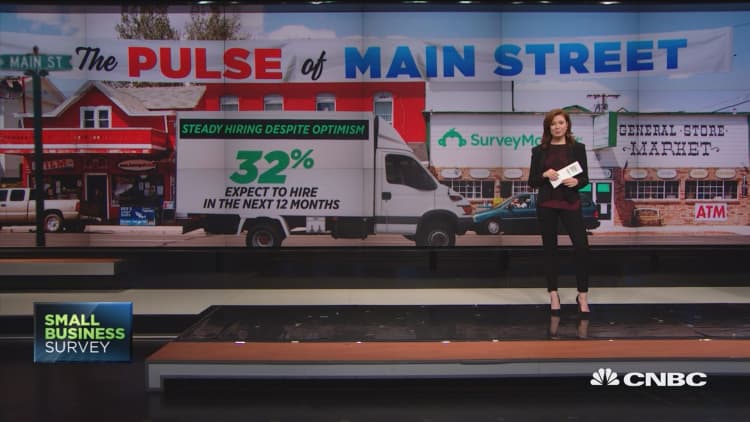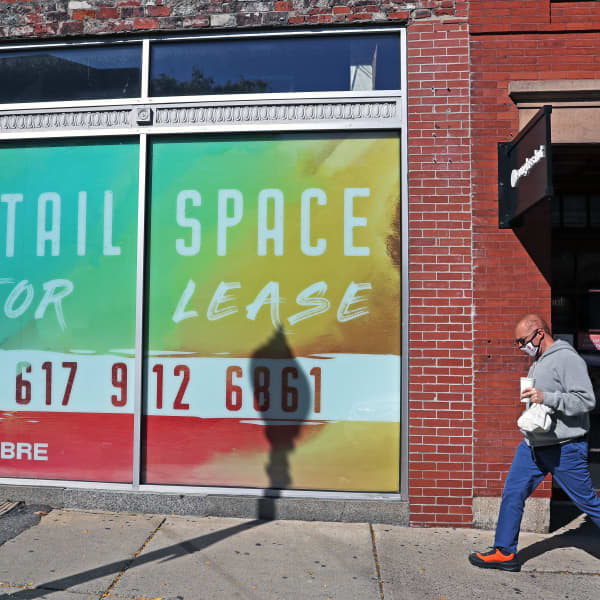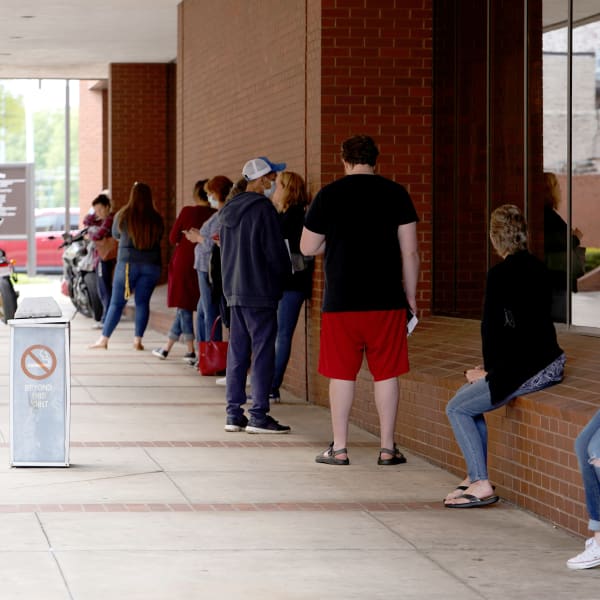
Thanks to the Tax Cuts and Jobs Act, signed into law in December, many small businesses can expect to take a 20 percent deduction when filing their taxes this year. That's helped to push small-business confidence to a record level in the first quarter. But there's a large disconnect between how small-business owners plan to spend tax windfalls and how most people would prefer those to be doled out.
In the Q1 CNBC/SurveyMonkey Small Business Survey, 37 percent of the general public said they would like to see small businesses use their tax break to boost employees' salaries — easily the most popular use for a potentially large windfall. But small-business owners had previously told us they were not likely to make this a priority.
In the Q4 installment of the survey, about a third of small-business owners said they would use their — at the time, hypothetical — windfall to "pay down debt." In second place, 22 percent of small-business owners said they would "invest in new facilities, equipment or technology," and the third most popular choice (12 percent) was to "pay for maintenance or repair of existing facilities, equipment or technology."
Just 10 percent said they would raise employees' salaries.
Debt payments and facilities may not be the most thrilling ways to spend a big heap of cash, but they are certainly practical. Over the four quarters that we've conducted our survey, small-business owners across the country have consistently ranked the cost of capital/debt as a more critical business issue than the cost of labor. (Both are outranked by other issues, including customer demand, the cost of employee health care and taxes — perhaps not a priority for much longer.)
Despite a labor market that continues to strengthen, wage growth has failed to exert any upward pressure until just recently. Passing a tax break on to employees may be the response the public hopes for, but small-business owners themselves may not feel the same pressure from their own employees.
One reason for this may be simply that most small businesses are truly small and they don't have many employees who can demand an increase in wages. By definition, small businesses have few employees aside from the owner: 61 percent have fewer than five employees, 77 percent have fewer than 10, and 87 percent have fewer than 20.
More from the CNBC/SurveyMonkey Small Business Survey:
Even Democratic small-business owners warming to tax reform
#MeToo firings and suspensions are taking place at small businesses
The US city that most wanted Amazon's HQ2 didn't even make final cut
The small number of small businesses that have more employees are more likely than everyone else to say they will use their tax breaks to increase employee wages. Among owners who have 50 or more employees — just 6 percent of all small businesses — a quarter (25 percent) said they will convert their tax break into higher wages for their workers. These small-business owners are also less than half as likely as those with zero to four employees to say they will use their windfall to give themselves a raise (5 percent vs. 13 percent).
Despite their enthusiasm for raising employee wages, very few people in the general population (3 percent) want to see small-business owners give themselves a raise using their tax windfall. Still, the public is quicker to pressure large businesses to pay their employees more and themselves less. Just over half of people (51 percent) in the general public say that large businesses should use their tax windfall to raise employee wages, versus the 37 percent who think small businesses should do the same. Just 1 percent of people say large businesses should use the extra cash to give executives a raise.
Most people (66 percent) believe that large businesses will benefit the most from tax reform — at least, compared with individual taxpayers (20 percent) and small businesses (10 percent). The Tax Cut and Jobs Act slashed the corporate tax rate from 35 percent to 21 percent permanently, while granting smaller tax cuts that expire after 2025 to individuals and pass-through entities, including most small businesses.
This pressure from the public has clearly worked, at least for large businesses. Corporations — including Walmart, CVS and J.P. Morgan Chase, to name just a few — have announced wage increases for their employees that they have said are explicitly tied to the tax-reform law.
Don't expect to see similar statements from your local small-business owners.
— By Jon Cohen, chief research officer, and Laura Wronski, research scientist, at SurveyMonkey
The CNBC/SurveyMonkey Small Business Survey is conducted quarterly using SurveyMonkey's online platform and based on its survey methodology.




